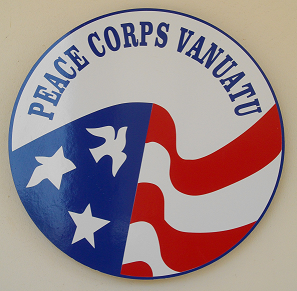
C.I.A. Front
"Peace" Corps
Port Vila, Vanuatu
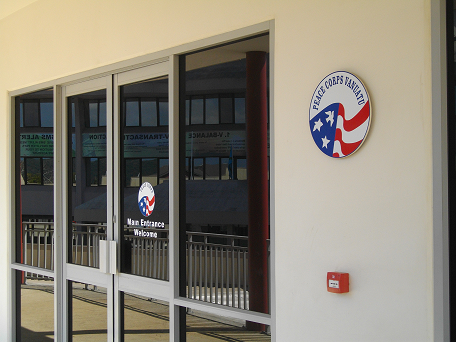
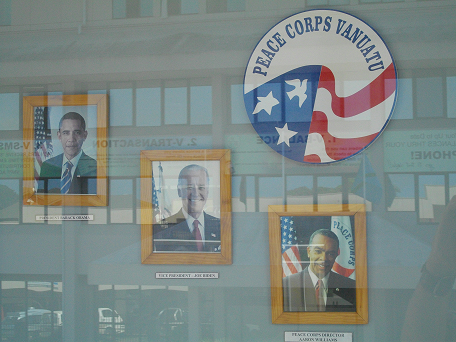
The Criminals:
C.I.A. Front
"Peace" Corps
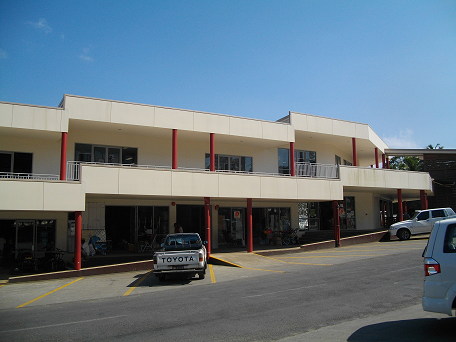
Even Has The
Look
Of Watergate
Building
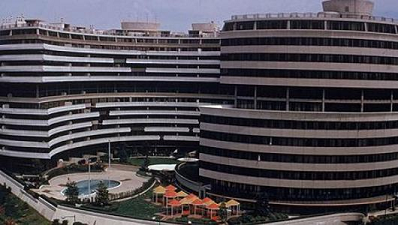
Watergate Building
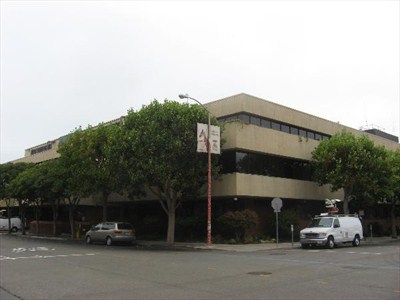
-
-
-
- KGO TV / Radio
- San Francisco,
California
-
- 'Capital
Cities'
- C.I.A. Front
Company
- C.I.A. --
Edwin "Ed" Meese
- When I Was Being Tortured By The
United States Government
- For 10 Months: 2003-2004
- I Realised Who My Friends Are,
- And Who My Enemies Are !
"Peace Corps: The Urban Front"
Writing in 1974, the North American
Congress on Latin America notes that:
"The Peace Corps is a perfect
structure for the CIA. It provides a point of contact with the working class
which is so necessary for information gathering. And, because of the Peace
Corps structure, the CIA does not have to control it in order to use it
successfully. The Peace Corps entered Latin America as the
"person-to-person" of the Alliance for Progress. Working out of the
U.S. Embassy in Santiago, the first head of the Peace Corps in Chile was
Nathaniel Davis, promoted to Ambassador by the time of the September 1973
coup. Under the skillful guidance of Davis, many of the youthful volunteers
headed straight for the poblaciones which housed the poorest sectors of the
Chilean working class and unemployed. Fresh out of Swarthmore, Bennington and
Berkeley, the volunteers invaded the poblaciones, lived with the people and
came to know them -- politically and socially. They worked with them, observed
their customs, their way of life, their traditions. And then they drew up work
reports describing their experiences.
"It was not necessary to have many
agents in the Peace Corps -- just in the right places and with access to all
the information which was generated. Unknowingly, thousands of U.S. youths,
most thinking that they were helping the Chileans, were instead gathering data
for the now undercover Project Camelot.
"Those agents in the Peace Corps who
were conscious of their role had several tasks. As they mingled with the
people, they were identifying future leftist leaders as well as those
right-wingers who in the future would work for U.S. interests. They were
assessing consciousness, evaluating reactions to reforms. And they were
selecting and training future agents. It was at this point that Michael
Townley, Peace Corpsman in the sixties, was recruited to enter the Agency.
Townley returned to Chile in 1970 as one of the agency's closest contacts with
Patria y Libertad.
"Finally, the Peace Corps was used as
a front to get paramilitary equipment into the country. Ellis Carrasco, who
succeeded Davis as head of the Peace Corps, was himself accused of
gun-running. Later, the U.S. Army donated and installed radio receivers in all
Peace Corps regional offices to facilitate communications. These same
receivers were used during the coup to facilitate coordination of the Junta's
bloody activities." [5]
In 1996, CNN reported that:
"Sen. Paul Coverdell, R-Georgia, who
was director of the Peace Corps during the Bush administration, urged the
committee to ban intelligence recruitment of Peace Corps volunteers.
""It would be, in my judgment,
exceedingly dangerous for our volunteers to be included in a context in which
they may be representatives of the CIA," Coverdell said.
"Several senior senators think the
CIA should have the right to recruit outsiders when there's an extraordinary
threat."
 BACK
BACK






